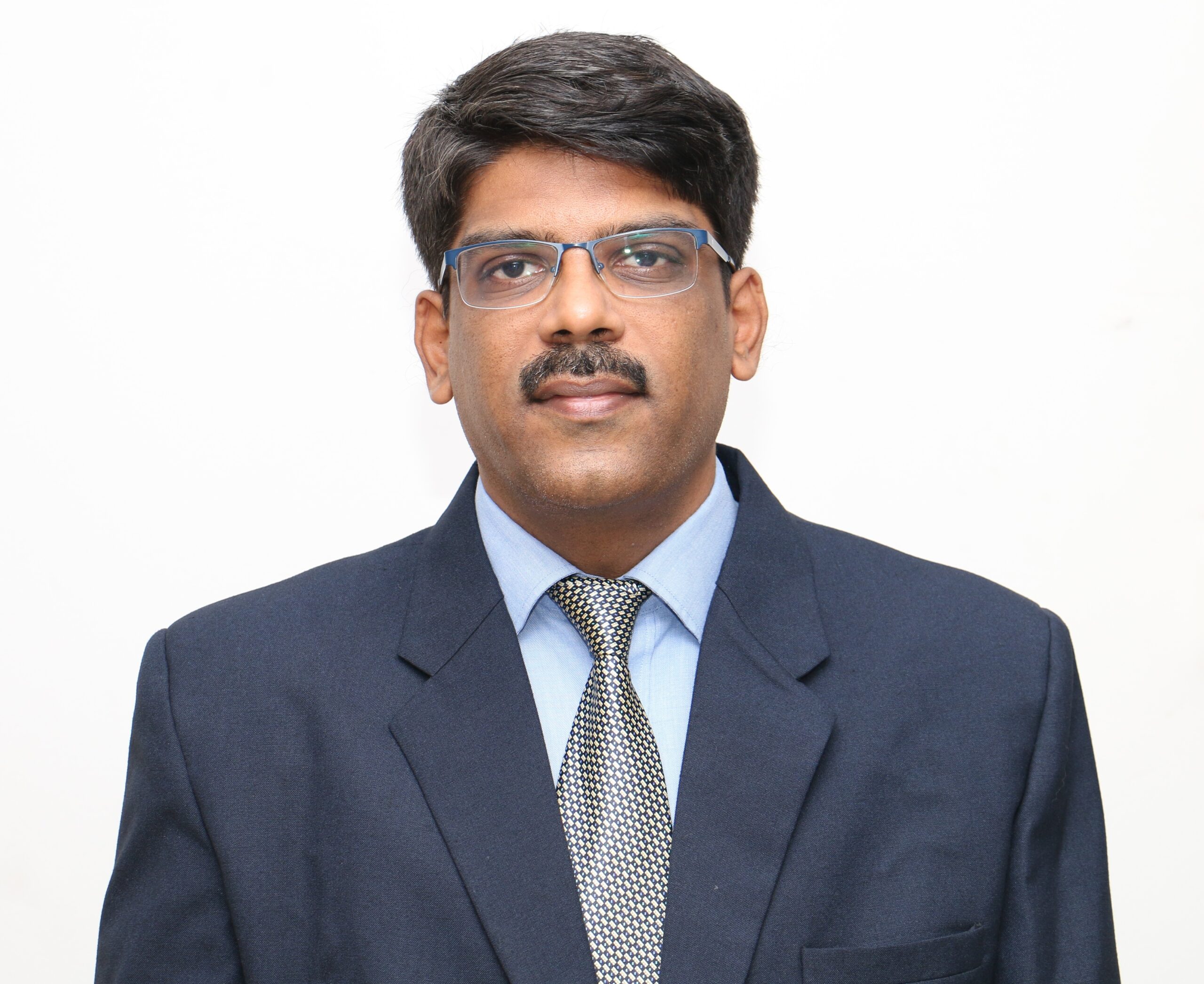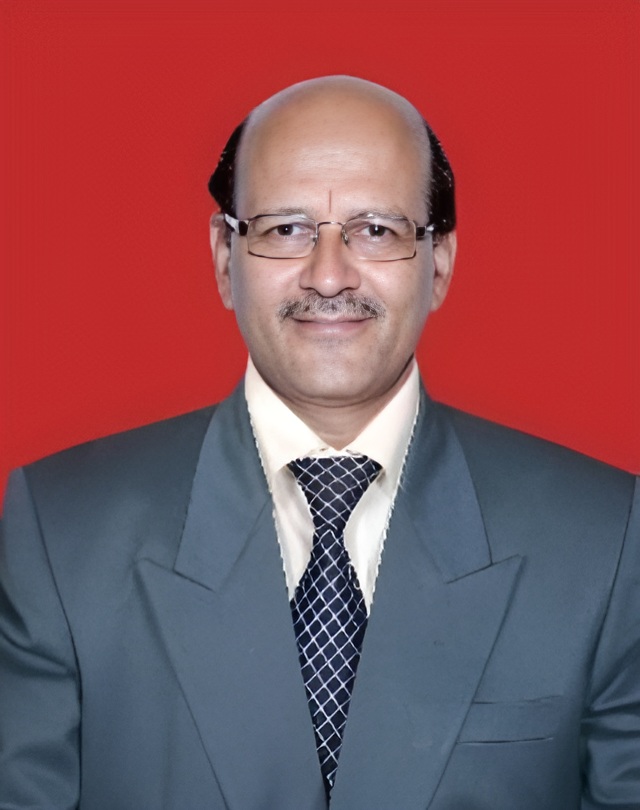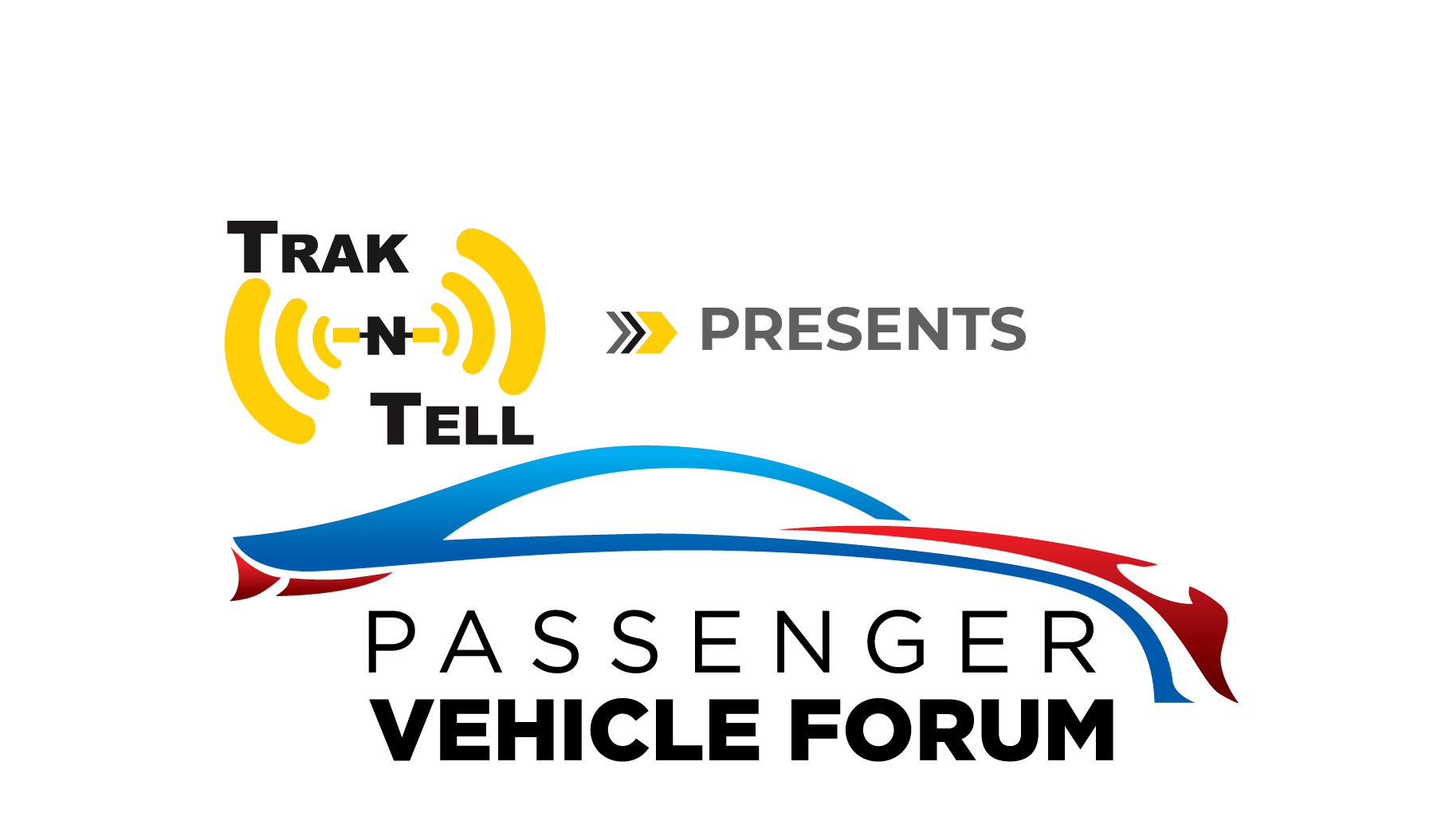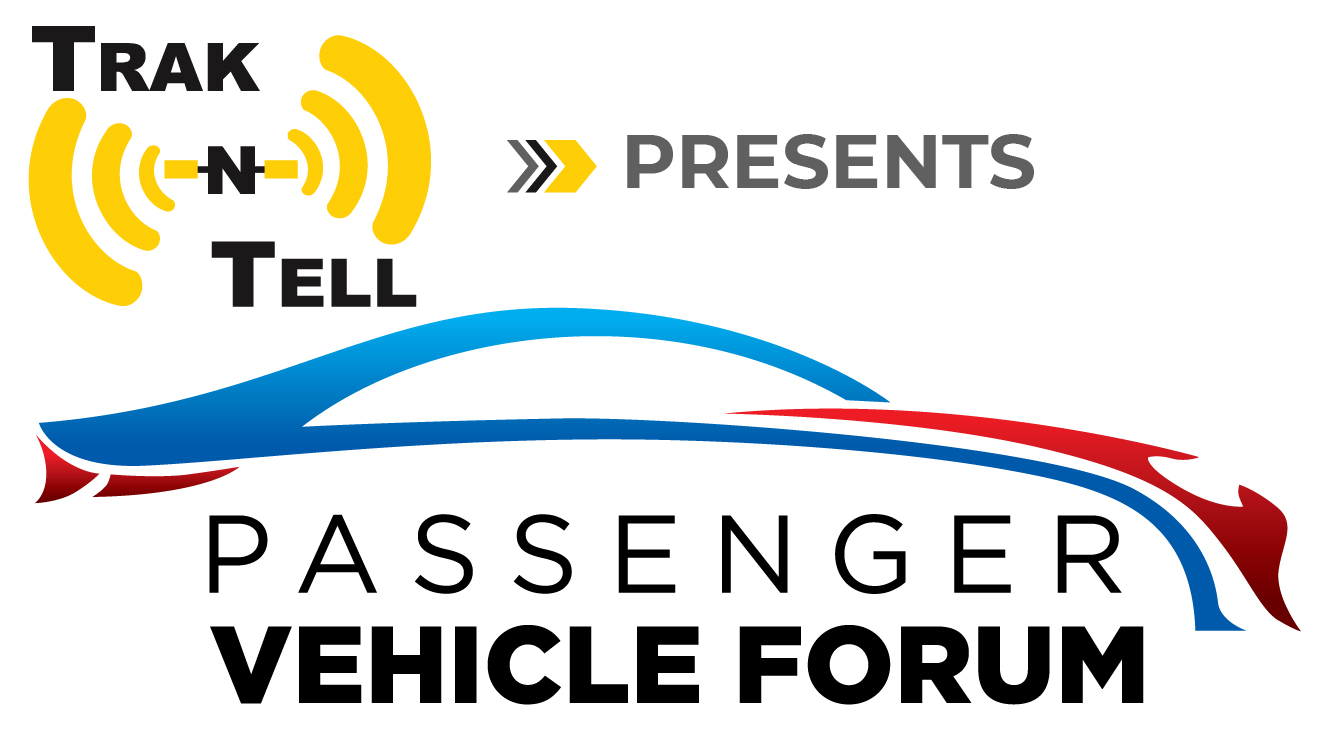
Conference
About the conference
Experience the Pulse of India’s Passenger Vehicle Industry at PVF 2025
On September 2, 2025, at the Hyatt Regency in Pune, over 300 industry pioneers, decision-makers, and visionaries will converge to share cutting-edge insights on mobility innovation, Electrification, SDV, connectivity, and digitalization sustainability, logistics, product development, and next-generation technologies.
PVF 2025 is not just a conference—it’s a dynamic platform where India’s passenger vehicle leadership converges. Prepare for high-impact conversations with the C-suite, thought-provoking panel debates, and electrifying keynote addresses.


Research Presentation on Passenger Vehicle Industry in India – Present Scenario & Future Roadmap by Hemal N Thakkar, Senior Practice Leader & Director, Crisil


Presentation on Introduction to Trak N Tell by Pranshu Gupta, Founder & CEO, Trak N Tell


Presentation on NVH & eMobility Repair: Driving future readiness by Rohit Ekhe, Application Engineer, Henkel Adhesives Technologies & Alistair Saldanha, Specialist - Market & Customer Activation, ACM India, Henkel Adhesives Technologies



Passenger Vehicle Industry in India – Present Scenario & Future Roadmap.
• How is the Indian PV market performing in terms of growth, production, and exports?
• Key trends: SUV dominance, urban demand shifts, premiumisation, and digital adoption.
• How have companies adjusted to semiconductor shortages, supply chain disruptions, and global uncertainties?
• EVs: How far have we come and what are the practical roadblocks?
• Role of hybrids, CNG, ethanol, and hydrogen in the interim decade.
• Impact of AI, digital twins, and connected vehicle platforms on R&D and product cycles.
• Emergence of Software Defined Vehicles (SDVs) and new customer experience paradigms.
• Input cost volatility (metals, logistics, energy), and financing challenges.
• Policy uncertainties: Emission norms, scrappage, import duties.
• Are we prepared to become a global export and R&D hub?
• Preparation for 2030 goals in terms of product planning and investments?
• The Role of Auto Components in the Growth of the PV Sector
• Global investments in the Indian PV sector


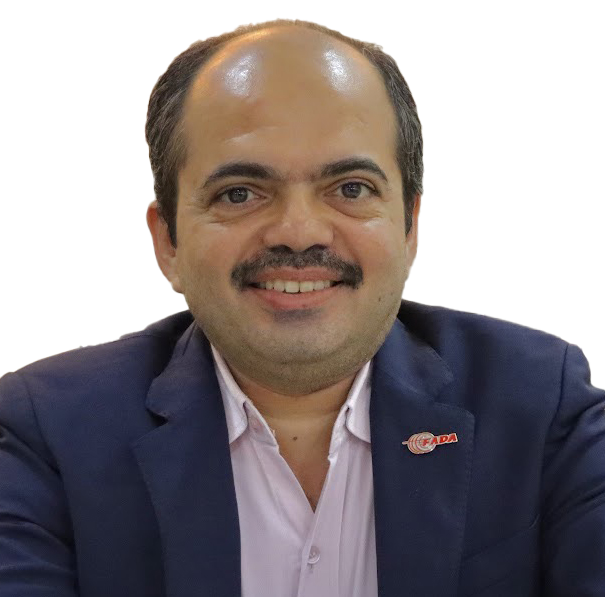
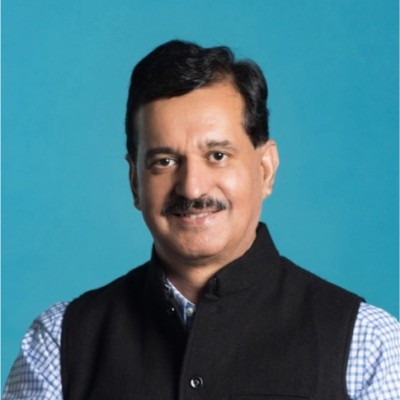
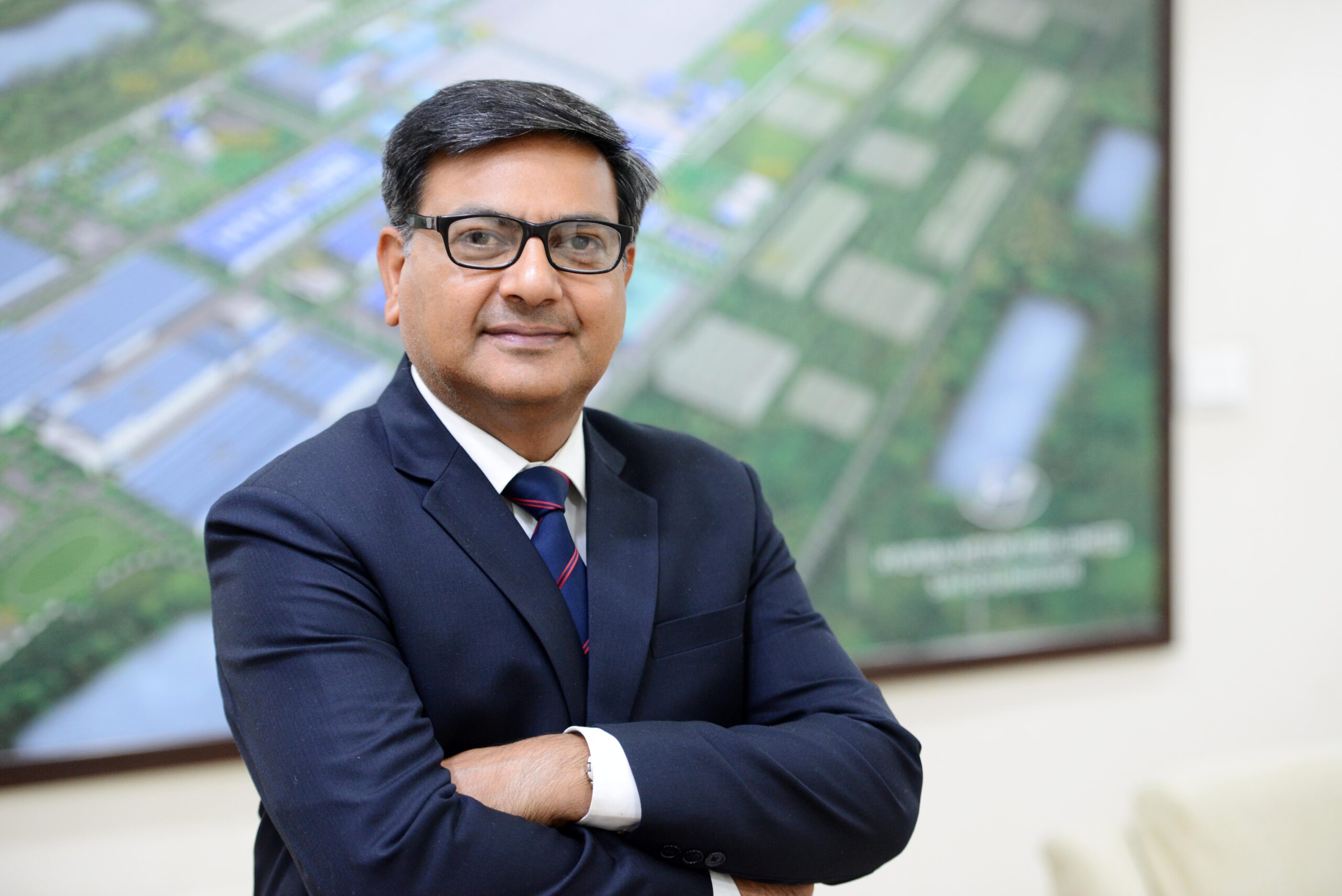

Coffee & Networking Break

Electrification of PV
• What are the most critical enablers for scaling electric passenger vehicles in India?
• Role of policy, incentives, and public-private partnerships
• Making EVs more affordable and aspirational for the Indian consumer
• Charging infrastructure and grid readiness: Are we building fast enough?
• Battery localization and innovation: How can India become
self-reliant?
• Addressing battery safety, recycling, and end-of-life management








Hybrids, ICE, CNG, Hydrogen – Fuel Mix of the Future
• Decoding buyer behaviour and OEM strategy
• Influence of CAFÉ norms on the transition to alternative fuels.
• Rise in CNG adoption – Mix of affordability & extensive fuelling infrastructure.
• Hydrogen-powered PVs – Overview, benefits & future scope.
• Limelight on Flex-fuel – Specifics, blending targets, growth in the biofuels market.
• The government’s policy pushes for alternative fuels.







Lunch Break

Building a Resilient Supply Chain: : Localising Critical Compo-nents Amid Global Disruptions
• Is localization of semiconductors and rare earth magnets realistically achievable in India?
• Strategies for building buffer stocks, alternate supplier bases, and agile procurement
• Impact of wars, sanctions, and strikes on Tier-1/Tier-2 component availability
• Policy support for domestic chip manufacturing and magnet processing
• Collaborating across industries to de-risk high-dependency supply chains
• Role of technology in solving supply chain challenges



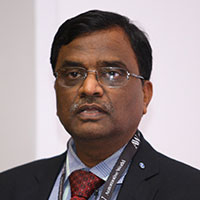
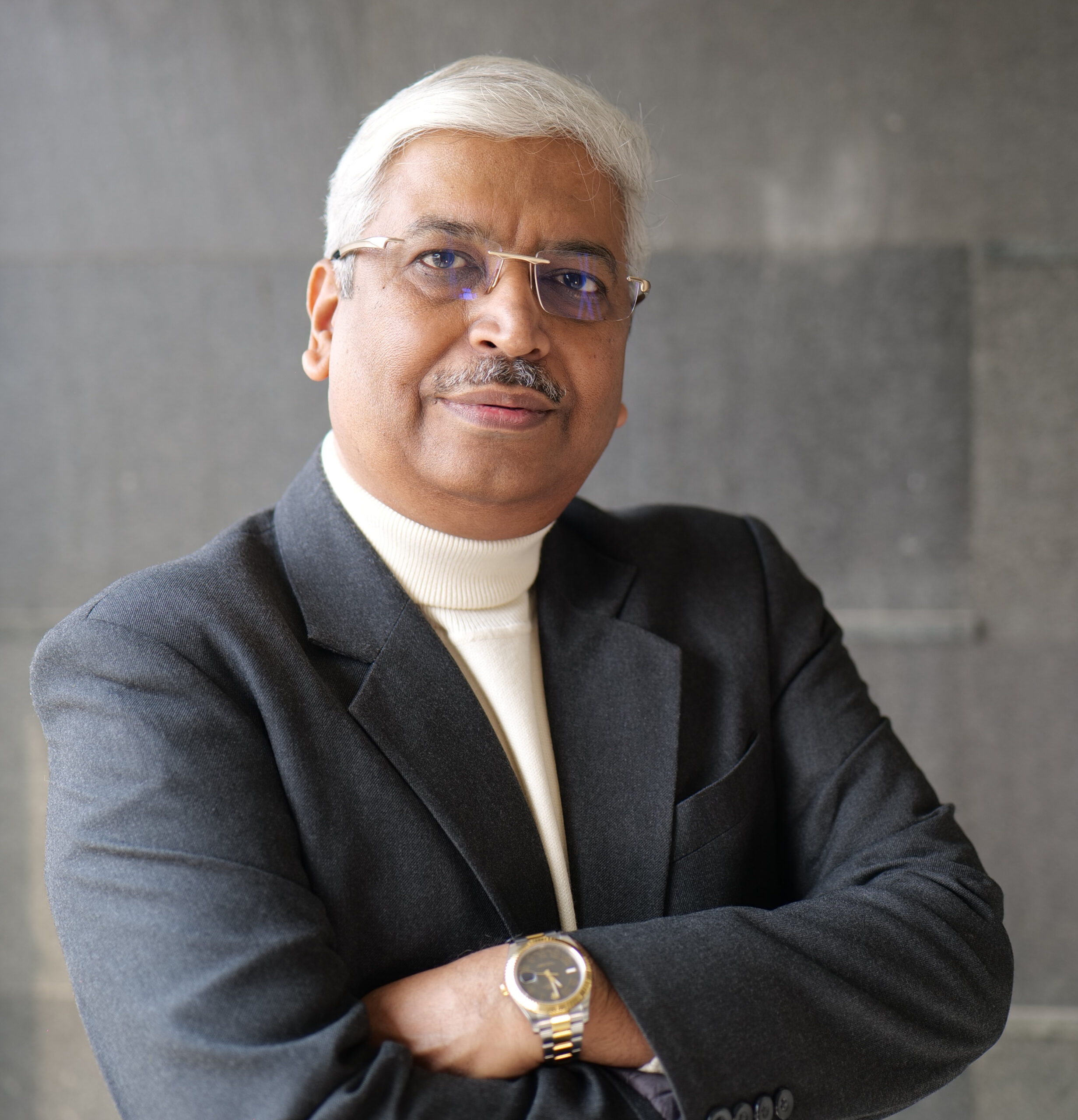

Coffee & Networking Break

Deep Dive into Consumer Insights
• Massive growth in the demand for SUVs in India
• Continuous slump in the demand for sedans
• Increasing demand for premium hatchbacks
• Car Safety becoming the top priority for Indian consumers
• Expectation of modern technological features in PVs
• Indian consumers prioritize the overall experience of owning a car over the initial cost






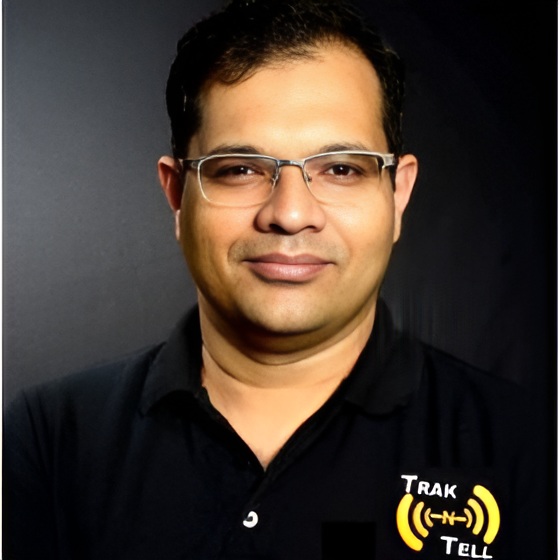

Onwards Closing Note & Networking Break
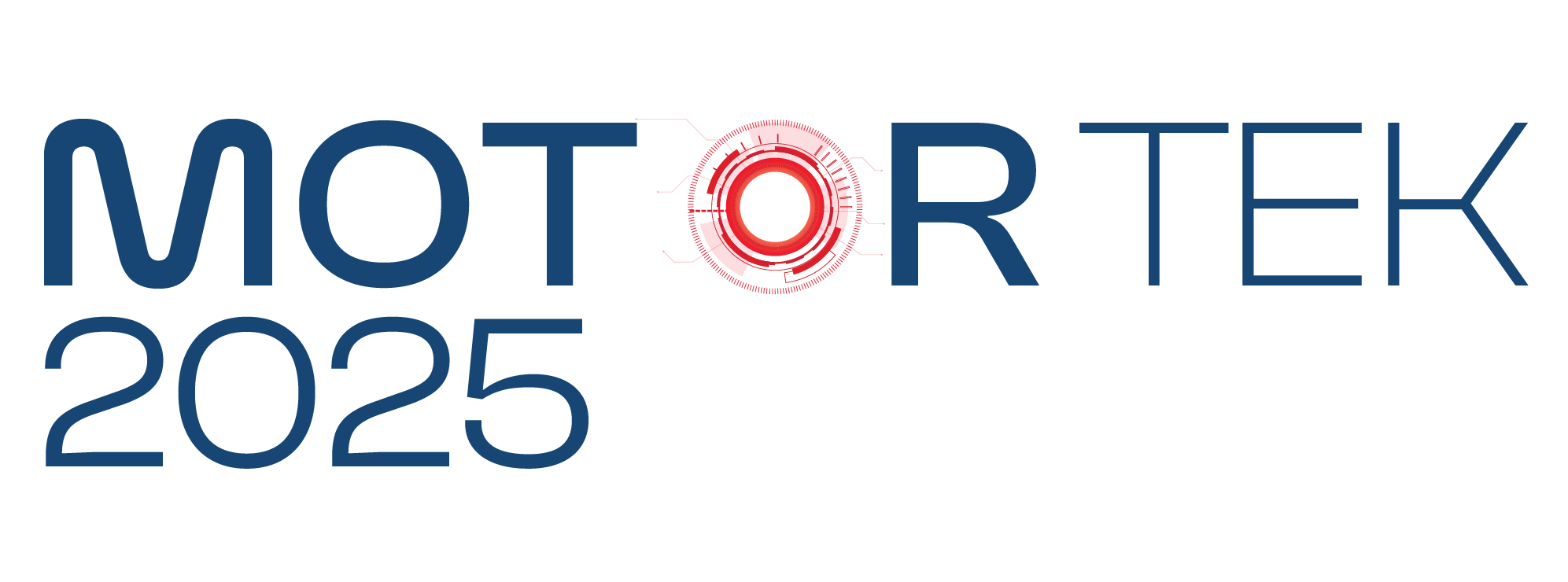
AI in the Driver’s Seat: Transforming R&D, Product, Sales, Aftersales and Procurement in the Passenger Vehicle Industry
• Accelerating design cycles through generative AI and simulation
• Using AI to analyze real-time vehicle data for uptime and performance
• Enhancing personalization, speech/voice UX, and safety through AI in infotainment and ADAS
• Forecasting disruptions, optimizing procurement and supplier relationships
• AI in quality control, defect prediction, and line automation
• AI-powered sales forecasting and demand shaping
• AI-driven service scheduling and parts stocking
• Building long-term brand equity through intelligent CX






Software-Defined Vehicles: Navigating Cybersecurity, OTA Updates & the Future of Connected Mobility
• Decoding buyer behaviour and OEM strategy
• Influence of CAFÉ norms on the transition to alternative fuels.
• Rise in CNG adoption – Mix of affordability & extensive fuelling infrastructure.
• Hydrogen-powered PVs – Overview, benefits & future scope.
• Limelight on Flex-fuel – Specifics, blending targets, growth in the biofuels market.
• The government’s policy pushes for alternative fuels.






Lunch Break

Inside the Cockpit of Tomorrow: Building India-Centric UX, Infotainment and Connectivity Experiences
• Rise of connected and electric vehicles in India — what it means for in-car experience design.
• Integration with everyday digital ecosystems
• Leveraging 5G and IoT to enable seamless vehicle-to-everything (V2X) communication.• Real-time navigation updates considering Indian road conditions, traffic, and local hazards.
• Personalized services through AI and data analytics
• Simplifying complex technologies to reduce driver distraction and improve safety






Coffee & Networking Break

Vehicle Scrappage Policy & Recycling Ecosystem
• Overview and major incentives for vehicle owners.
• Implementation status and OEM role
• Challenges in achieving policy goals by 2030
• Impact on the PV industry of India.
• Present recycling ecosystem for PVs in India
• Accelerating Circular Economy in Passenger Vehicles

